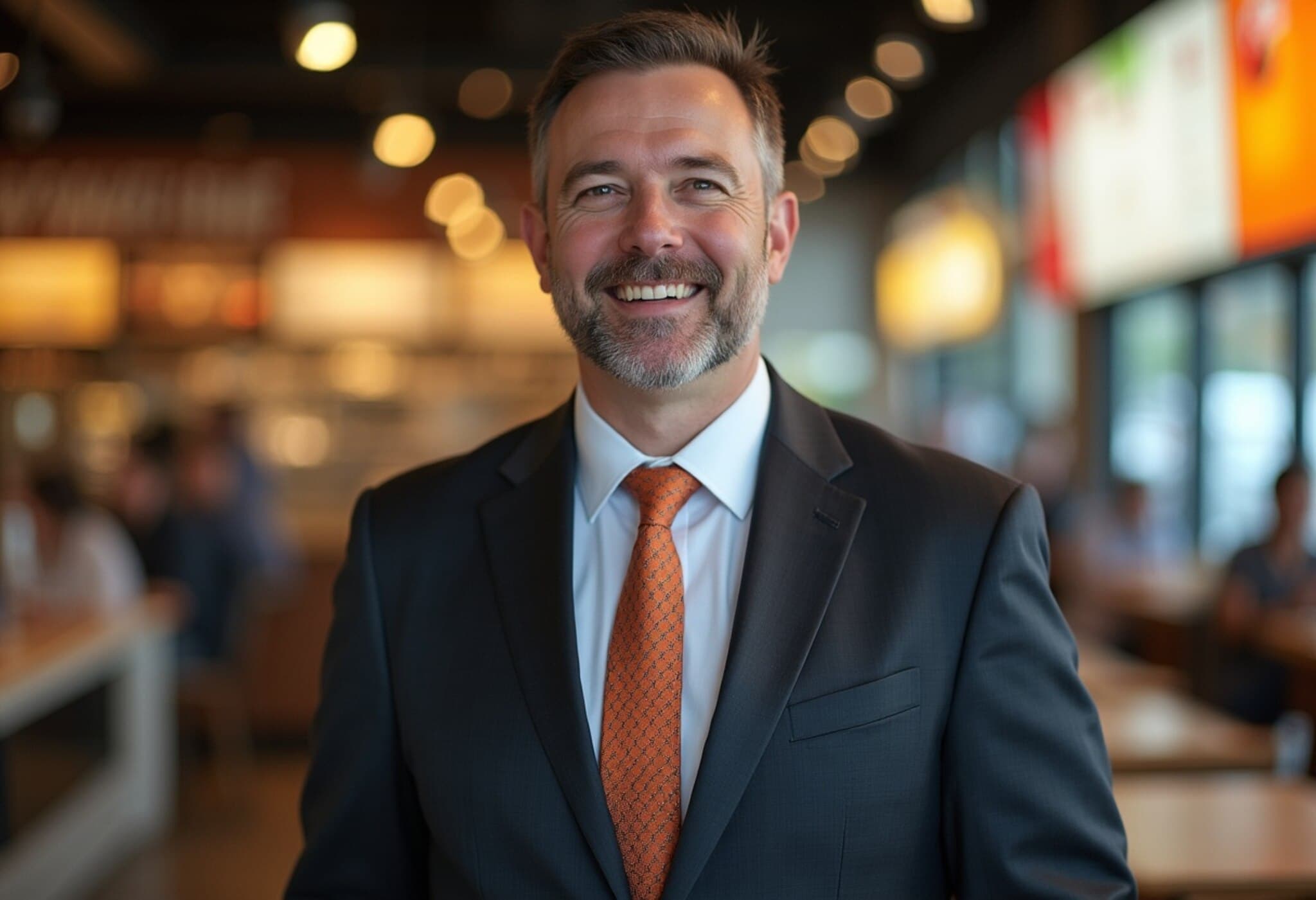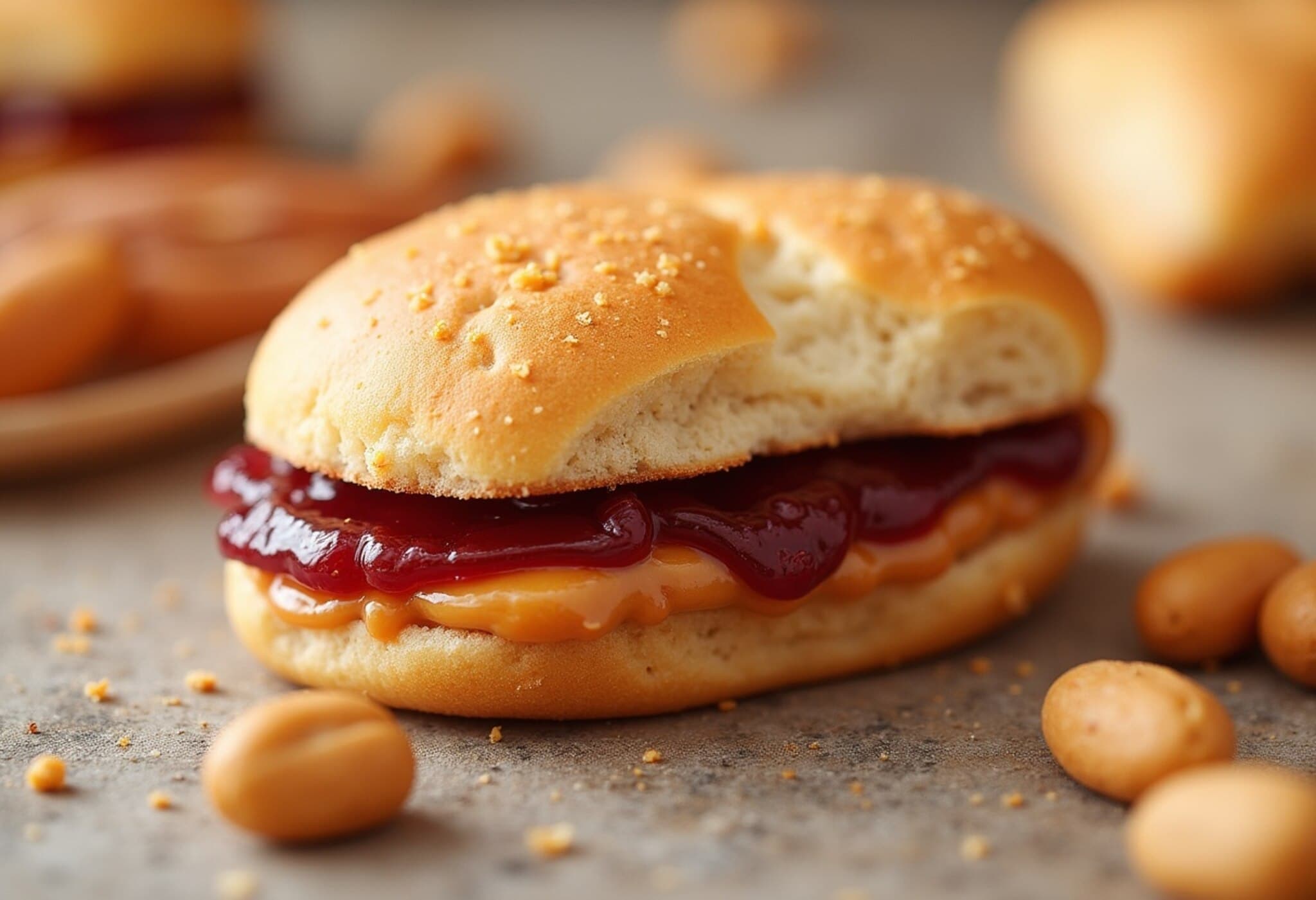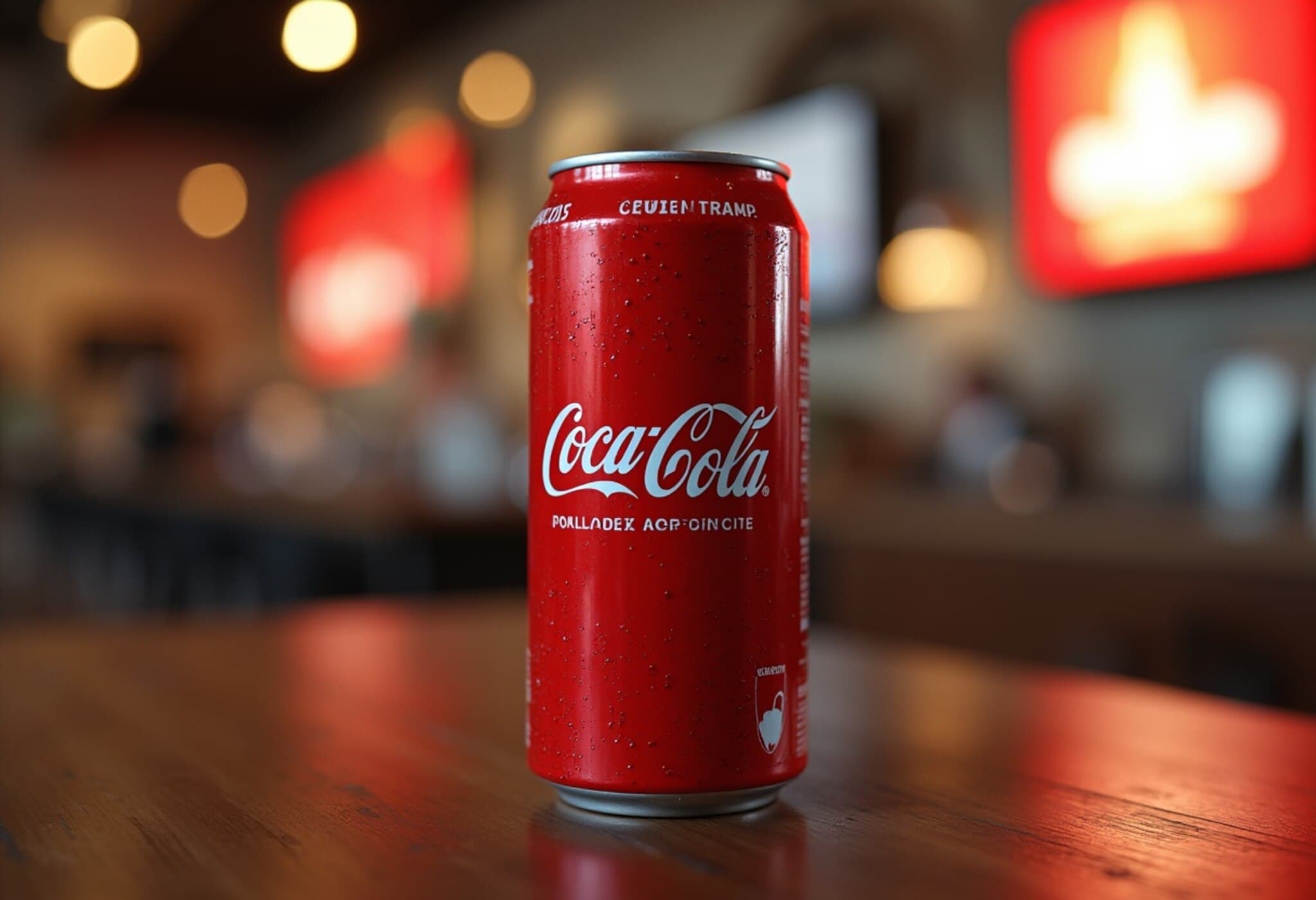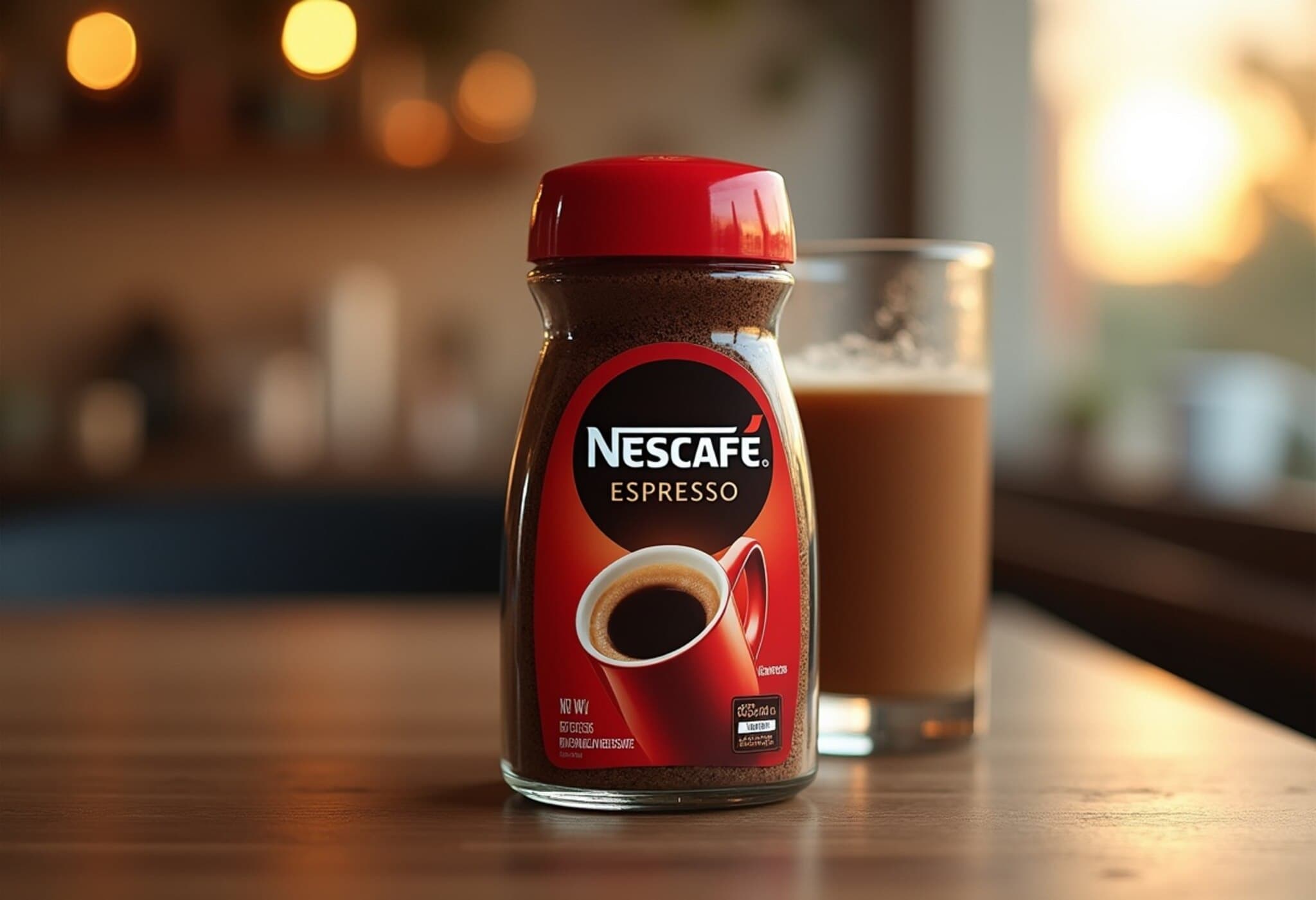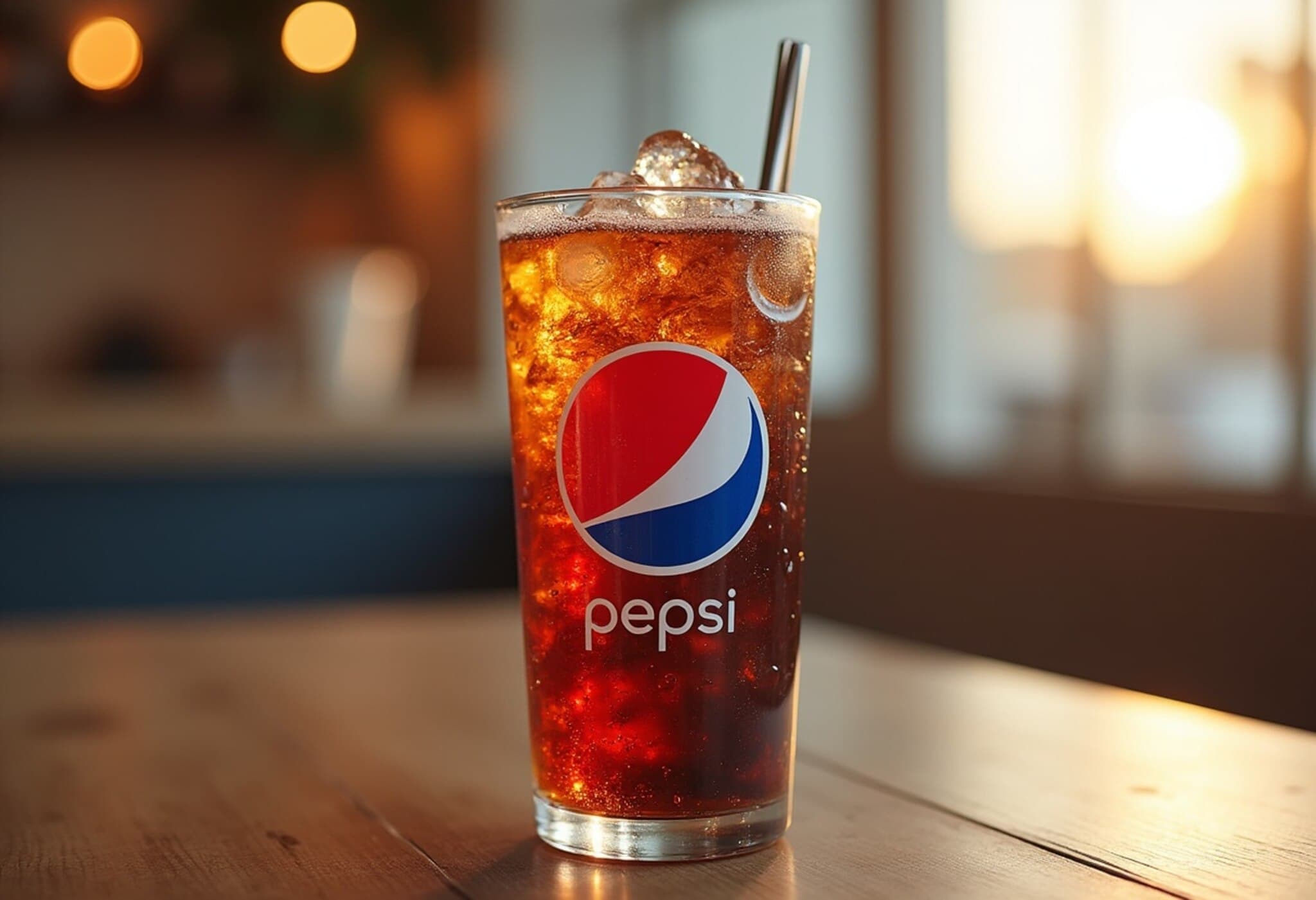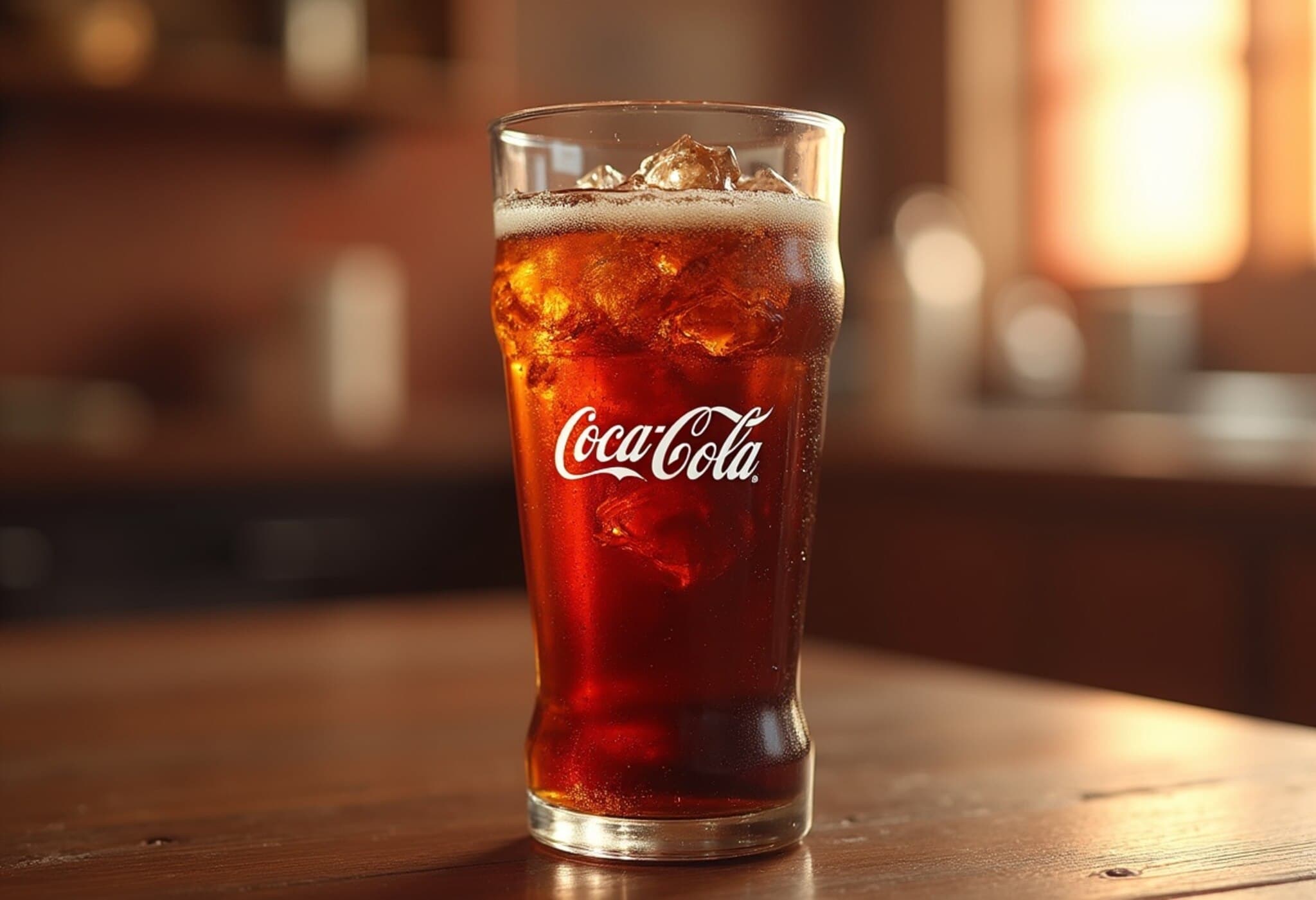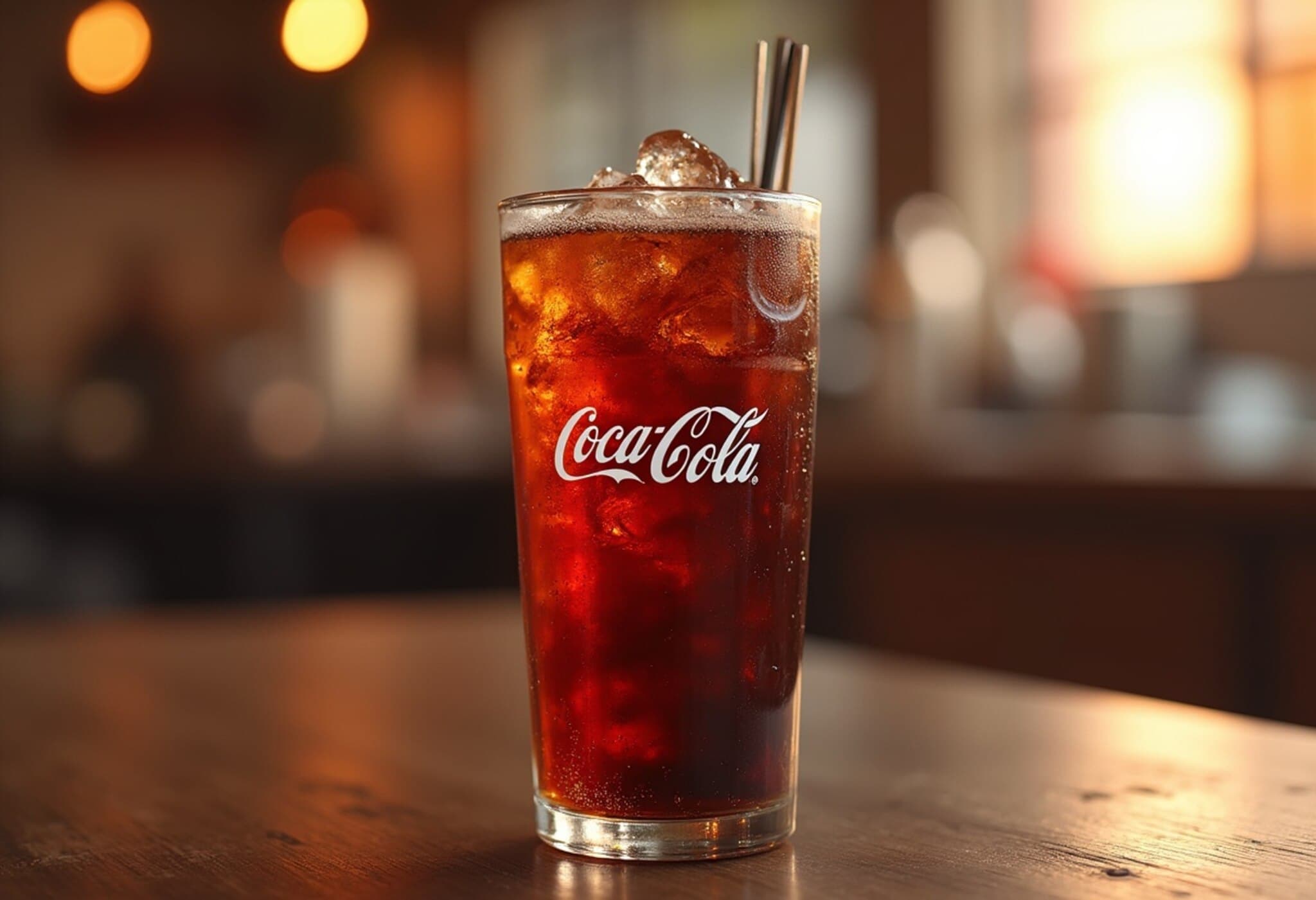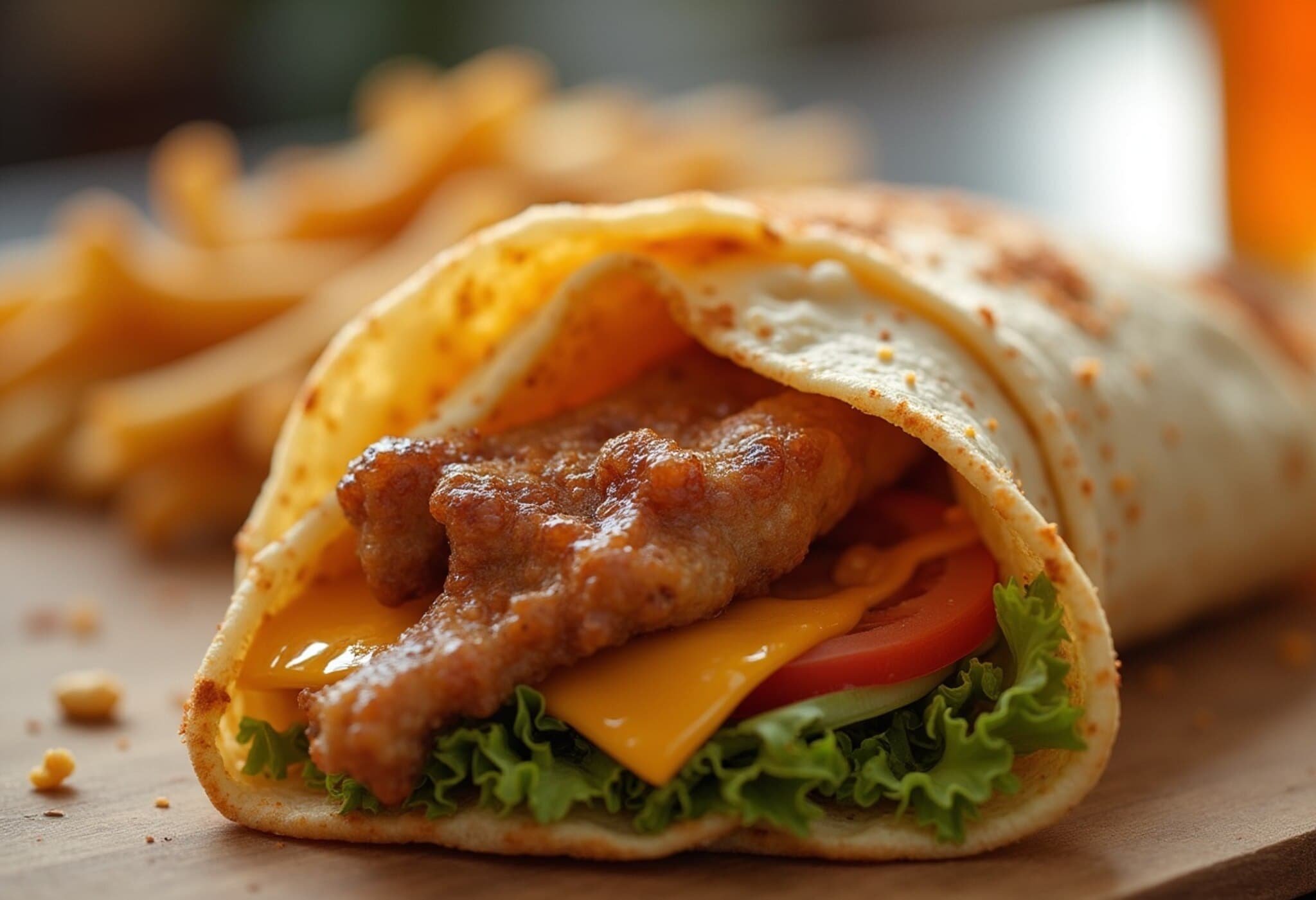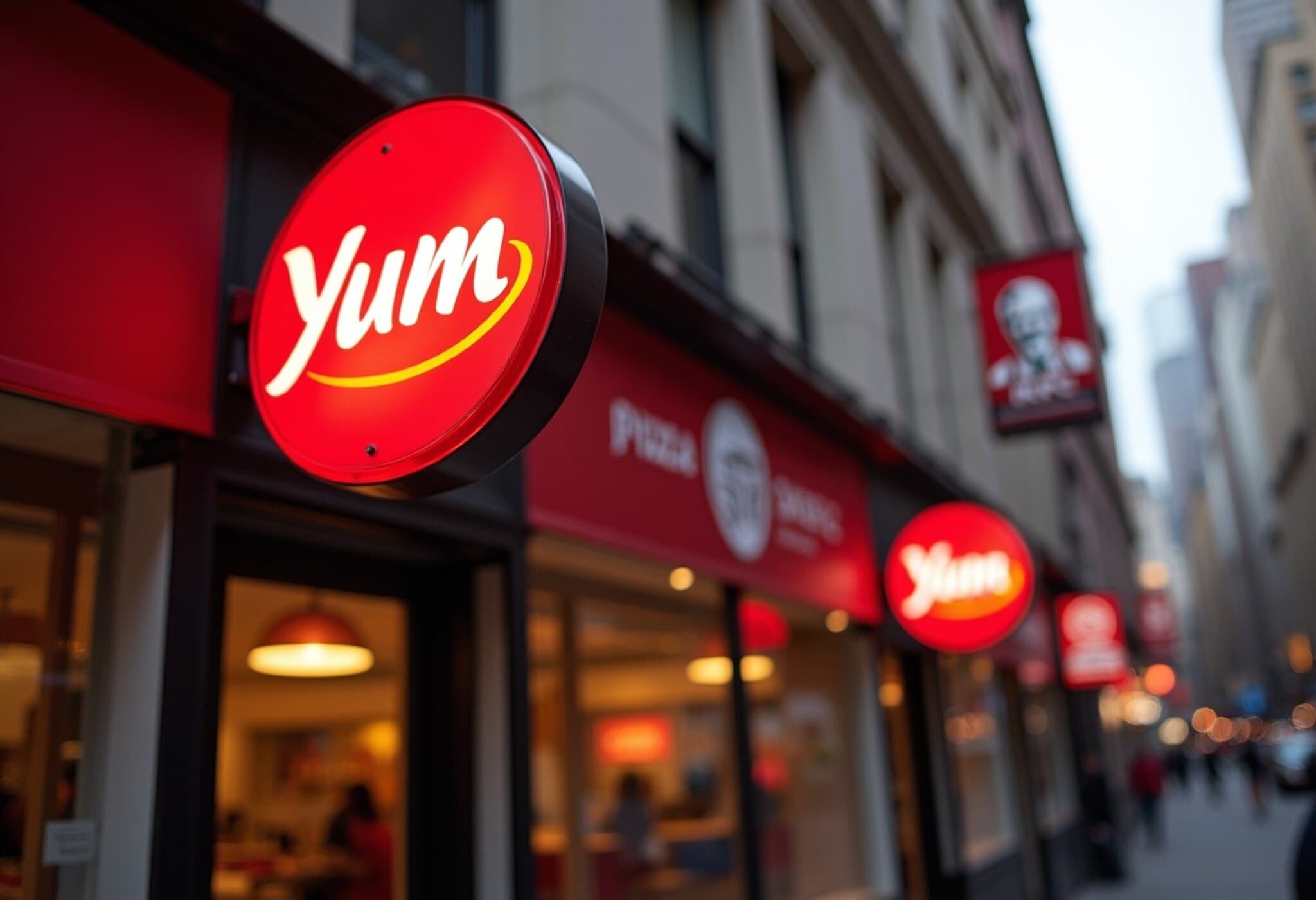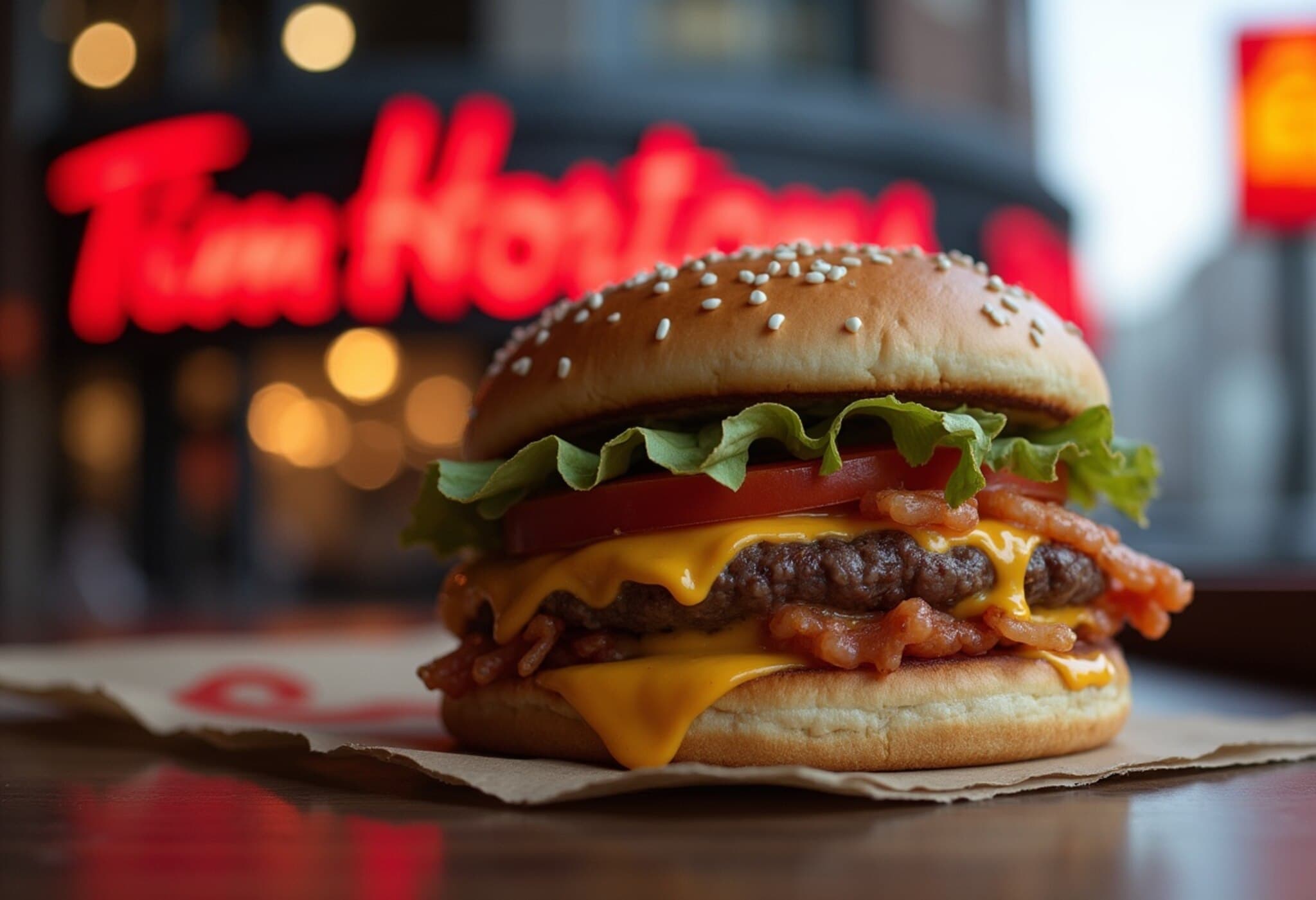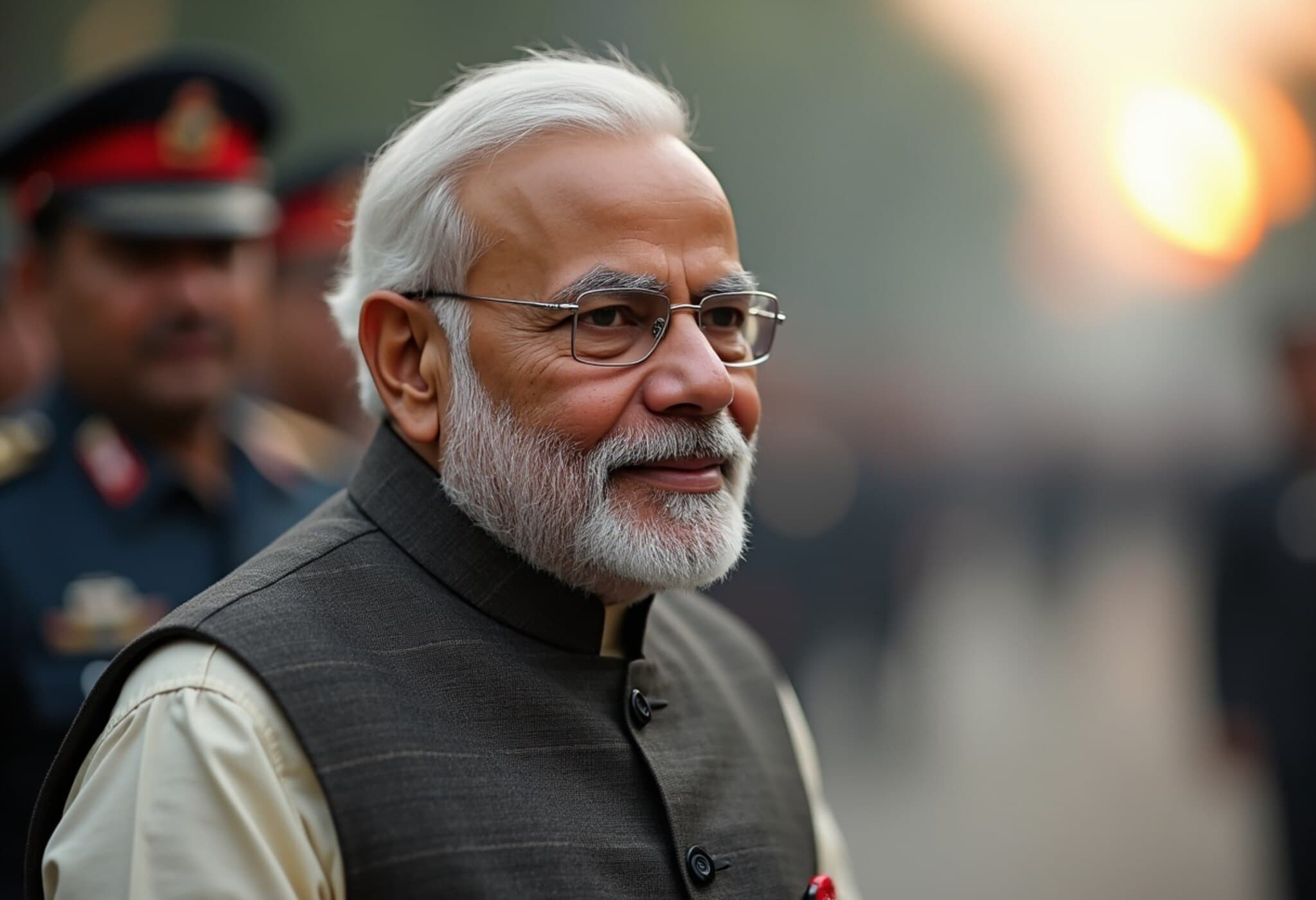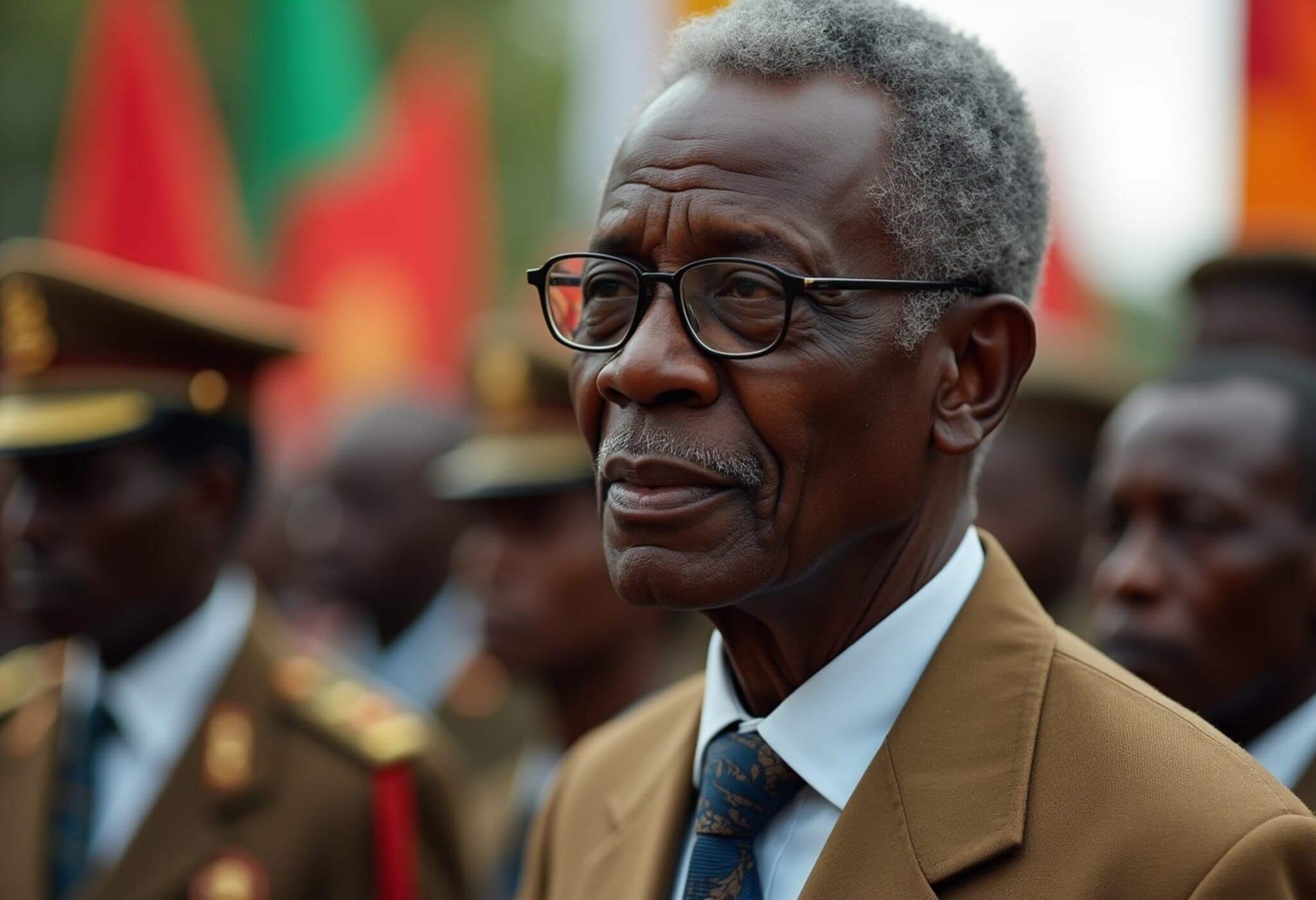Subway Appoints Former Burger King Executive Jonathan Fitzpatrick as CEO
In a strategic leadership move, Subway announced that Jonathan Fitzpatrick will take the helm as the sandwich giant's new CEO starting July 28, 2025. Fitzpatrick's appointment marks a fresh chapter following the retirement of former CEO John Chidsey, who led the company through transformative years and the multi-billion-dollar sale to private equity firm Roark Capital Group.
Leadership Transition Amidst Industry Headwinds
John Chidsey, who stepped down at the end of 2024 after a five-year tenure, played a pivotal role in reshaping Subway’s trajectory, including overseeing its $9.6 billion acquisition by Roark Capital in 2023. His leadership was marked by efforts to stabilize and grow the family-owned chain in a fast-evolving fast-food landscape.
Replacing Chidsey, Jonathan Fitzpatrick brings a wealth of industry expertise, with over a decade at the helm of Driven Brands—a Roark-backed automotive services provider—where he refined his operational and branding acumen. Prior to that, Fitzpatrick held senior roles at Burger King, including chief brand and operations officer, demonstrating a deep understanding of fast-food dynamics at scale.
Facing a Pivotal Moment in Fast Food
The timing of this leadership change is critical. The fast-food sector is grappling with shifting consumer behaviors—dining out less frequently and prioritizing value deals amidst inflationary pressures. This trend has significantly squeezed profit margins across the industry.
Subway, known for its expansive footprint with over 19,500 locations—making it the largest U.S. restaurant chain by store count—is under specific pressure. Over the past 15 years, the brand’s market share has been challenged by the rise of fast-casual chains and evolving customer preferences favoring quality, customization, and healthier options.
Sales data from Technomic reveal a 3.8% decline in Subway's sales last year, highlighting the urgency for innovation and strategic pivots.
What Fitzpatrick's Leadership Could Mean for Subway
With Fitzpatrick’s background in brand revitalization and operational efficiency, his leadership could be a catalyst for Subway to regain lost ground in the fiercely competitive quick-service restaurant (QSR) space. Industry analysts suggest his Burger King experience gives him unique insights into brand reinvigoration, franchisee relations, and navigating the challenges posed by changing consumer appetites.
Moreover, Subway's heavy reliance on an extensive network of franchised outlets means Fitzpatrick will need to foster strong collaboration with franchisees to implement changes swiftly and effectively. This strategic focus could encompass menu innovation, technological upgrades for ordering and delivery, and strengthened marketing strategies to reengage lapsed customers and attract new demographics.
Broader Context: Fast Food's New Reality
The fast-food industry is at a crossroads, balancing cost pressures with evolving consumer expectations for sustainability, health-conscious options, and convenience. Chains like Subway, with legacy operations and sprawling physical footprints, must adapt rapidly to remain relevant.
In the American economic context, inflation and fluctuating consumer confidence strongly influence dining behaviors. Fast-food leaders are called to innovate pricing strategies and enhance value propositions without compromising profitability—a delicate balance.
Underreported Perspectives
- Franchisee Sentiment: How will Subway’s vast network react to new corporate strategies under Fitzpatrick? Franchisees are pivotal players, often feeling the squeeze between corporate mandates and local market realities.
- Consumer Loyalty Trends: Can Subway leverage Fitzpatrick’s experience to rebuild trust and excitement among younger generations who gravitate toward experiential and health-driven dining?
- Digital and Delivery Innovation: With delivery and mobile ordering becoming standard, how will Subway accelerate technology integration to compete with fast-casual disruptors?
Editor’s Note
Subway’s leadership change comes at a defining moment—not just for the brand but the broader fast-food industry grappling with rapid consumer shifts and economic challenges. Jonathan Fitzpatrick’s proven track record at Burger King and Driven Brands offers hope for a reinvigorated Subway that can innovate while respecting its franchise-driven model. However, the road ahead demands a keen understanding of franchisee dynamics, consumer expectations, and technological advancement. Industry watchers and stakeholders should closely observe how this new leadership navigates these complex waters.

